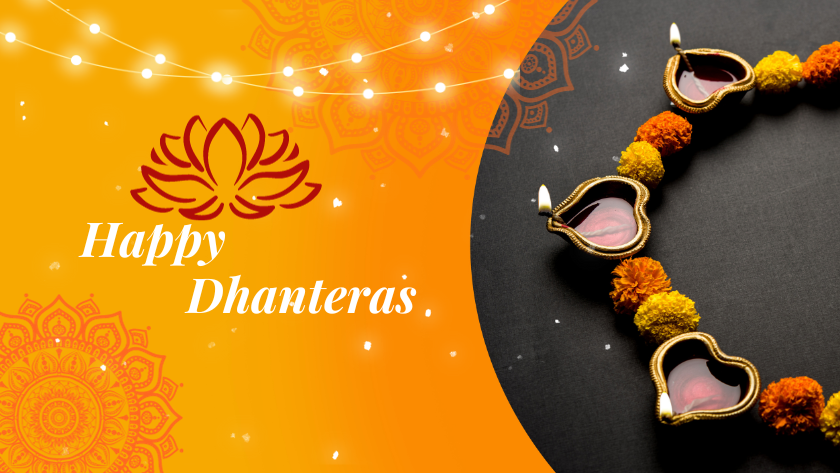Introduction
In the rich tapestry of Indian festivals, Dhantares holds a special place, marking a day dedicated to the worship of Lord Dhanvantari, the divine physician and the bestower of health and wealth. Celebrated on the thirteenth day of the Krishna Paksha (waning phase of the moon) in the Hindu month of Ashwin, Dhantares is a significant observance that resonates with the cultural and spiritual ethos of India. This article delves into the origins, traditions, and the profound significance of Dhantares.
The Origin of Dhantares
Dhantares derives its name from two words: “Dhan,” which translates to wealth, and “Teras,” which signifies the thirteenth day of the lunar fortnight. According to Hindu mythology, Dhantares is believed to be the day when Lord Dhanvantari, an incarnation of Lord Vishnu, appeared with the pot of elixir (amrit) during the churning of the ocean (Samudra Manthan) by the Devas (Gods) and Asuras (Demons). This divine appearance symbolizes the bestowal of prosperity, health, and wealth upon humanity.
The Rituals and Observance
- Prayers to Lord Dhanvantari: The primary ritual of Dhantares involves the worship of Lord Dhanvantari. Devotees visit temples and offer prayers, seeking his blessings for good health and well-being. Some also perform a special puja at home, chanting mantras dedicated to Lord Dhanvantari.
- Ayurvedic Practices: As Lord Dhanvantari is associated with Ayurveda, many people use this occasion to focus on holistic health practices. Ayurvedic treatments, such as herbal baths and massages, are popular on Dhantares. It is believed that these practices can enhance one’s overall well-being.
- Fasting: Observing a fast on Dhantares is common, with some people choosing to abstain from food and drink until the evening. The fast is broken by consuming a meal that includes grains and ghee, symbolizing prosperity.
- Offerings: Devotees make offerings of traditional sweets, fruits, and other auspicious items to Lord Dhanvantari. Some also offer ghee lamps and incense sticks during prayers.
- Charity: Charity and acts of kindness are an integral part of Dhantares. It is considered virtuous to donate food, clothes, or money to the less fortunate on this day, as it is believed to bring blessings and increase one’s wealth.
Significance of Dhantares
- Wealth and Prosperity: Dhantares is primarily associated with the invocation of wealth and prosperity. It is believed that by venerating Lord Dhanvantari, one can attract financial abundance into their life.
- Health and Well-being: Lord Dhanvantari is also considered the god of health and healing. Thus, Dhantares is an opportune time to seek blessings for good health and the prevention of illnesses.
- Ayurveda: Ayurvedic practices associated with Dhantares emphasize the importance of holistic health. It is a reminder of the significance of natural remedies and a balanced lifestyle.
- Charity and Compassion: Dhantares encourages acts of charity and compassion towards the less fortunate. By sharing one’s wealth, individuals not only help those in need but also accumulate positive karma.
Conclusion
Dhantares is more than just a day of rituals and prayers; it is a celebration of wealth, health, and the spirit of giving. This auspicious occasion reminds us of the importance of balance in our lives, emphasizing both material and spiritual well-being. By worshipping Lord Dhanvantari and engaging in acts of charity, individuals can draw inspiration from the profound teachings embedded in this festival, fostering a sense of abundance and compassion in their lives. Dhantares stands as a testament to India’s rich cultural heritage and the enduring values it upholds.



